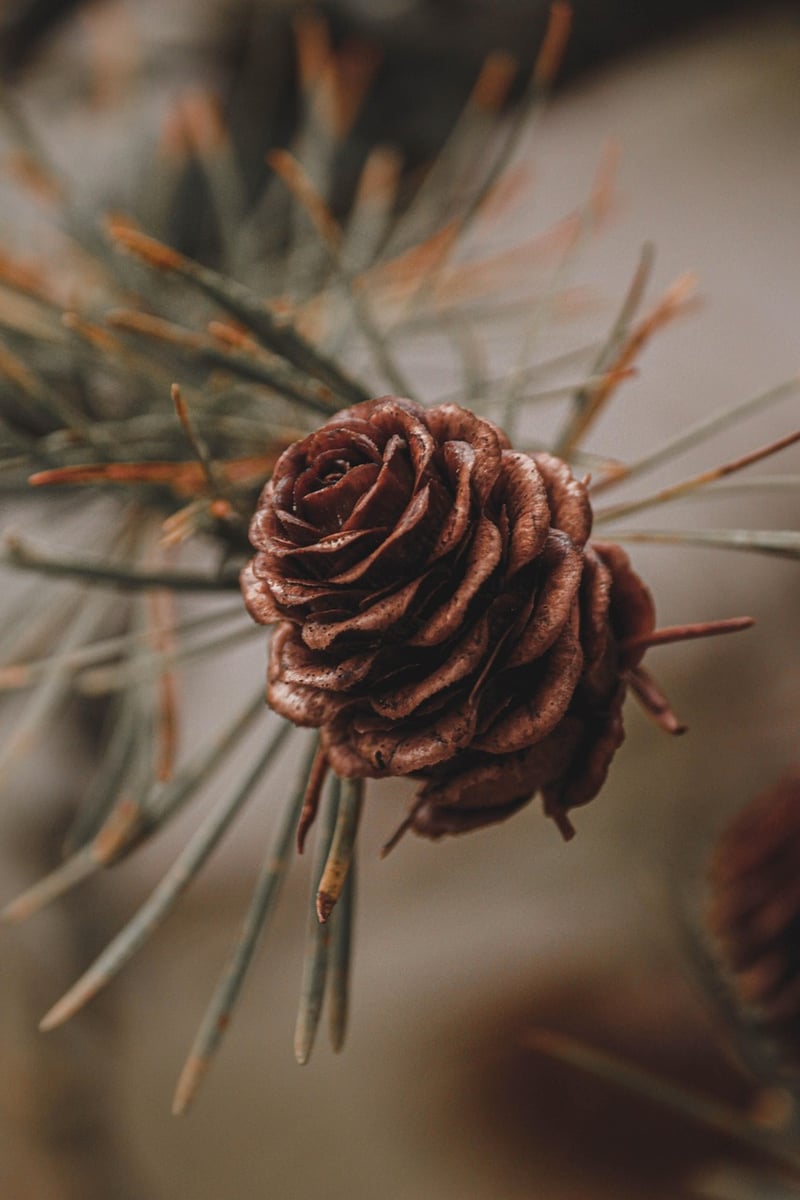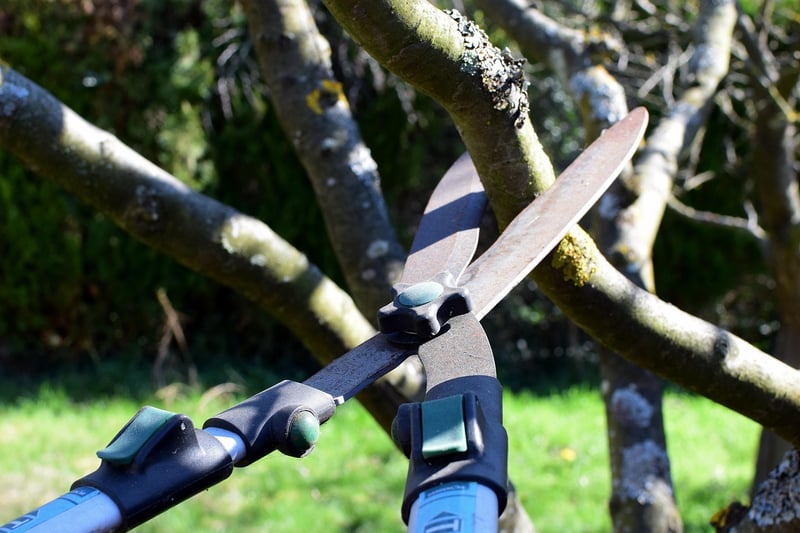Pruning Techniques
Nurturing Plants: A Guide to Pruning Techniques
The Importance of Pruning
Pruning is a crucial aspect of plant care that promotes healthy growth, improves the overall appearance of plants, and enhances fruit and flower production. By removing dead or diseased branches, you can prevent pests and diseases from spreading, ultimately extending the lifespan of your plants.
When to Prune
The timing of pruning varies depending on the type of plant. In general, it is best to prune during the dormant season for most plants to minimize stress. However, some flowering plants may require pruning after they bloom to encourage new growth.
Tools for Pruning
Having the right tools is essential for effective pruning. Common tools include pruning shears for small branches, loppers for thicker branches, and pruning saws for larger limbs. Ensure your tools are sharp to make clean cuts and reduce the risk of damaging the plant.
Pruning Techniques
1. Deadheading
Deadheading involves removing spent flowers to promote new blooms and prevent seed formation. This technique is commonly used for flowering plants like roses and petunias.
2. Thinning
Thinning is the process of selectively removing branches to improve airflow and light penetration within the plant. It helps reduce the risk of diseases and encourages healthy growth.
3. Heading Back
Heading back involves cutting back the tips of branches to stimulate lateral growth. This technique is useful for shaping shrubs and maintaining their size and form.
4. Rejuvenation Pruning
Rejuvenation pruning is a more aggressive technique used to revitalize overgrown or neglected plants. It involves cutting back the entire plant to encourage fresh, vigorous growth.
Conclusion
Pruning is a fundamental practice in gardening that contributes to the overall health and aesthetics of plants. By understanding the different pruning techniques and applying them appropriately, you can help your plants thrive and flourish.

For more detailed guidance on pruning techniques, refer to Royal Horticultural Society's Pruning Advice.
